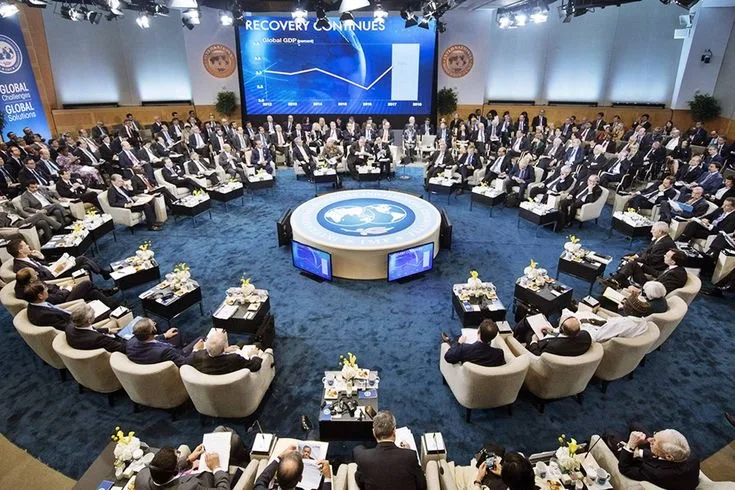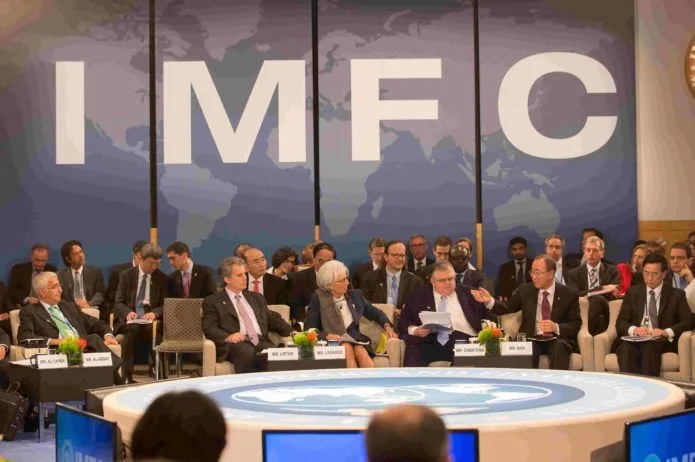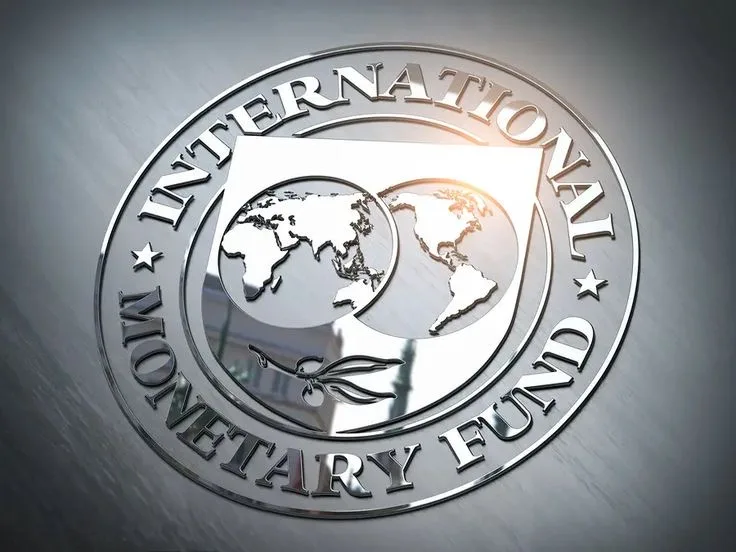The International Monetary Fund (IMF) has revised its forecast for global economic growth downward, citing escalating trade tensions and rising tariffs as key factors contributing to the slowdown. According to the IMF’s latest report, the global economy is expected to grow at a rate of 2.8% this year, down from the previously forecasted 3.3% in January.
This revision reflects the increasing uncertainty and risks associated with trade policies, which are expected to weigh on economic activity and investment. The IMF’s downgrade is a clear indication that the global economy is facing significant challenges, and policymakers must take steps to address these issues and restore stability.

### Global Economic Outlook
The IMF’s forecast for global economic growth is 2.8% for this year, with a slight increase to 3% projected for next year. However, the report notes that the growth forecast varies significantly across countries, with some economies expected to perform better than others.
### Impact of Trade Tensions
The recent tariff announcements and countermeasures have increased policy uncertainty, contributing to the downward revision in global growth forecasts. The IMF emphasizes the need to restore trade policy stability and forge mutually beneficial arrangements to support global economic growth.
### Regional Variations

The forecast for different regions varies, with the United States expected to grow at 1.8%, while China’s growth forecast has been revised down to 4%. The euro area’s growth forecast has been revised down by 0.2 percentage points to 0.8%, with stronger fiscal stimulus providing some support.
### Economic Implications
The current trade tensions and policy uncertainty are expected to weigh on economic activity, with potential long-term effects on global trade and investment. The IMF notes that global inflation is projected to remain steady, with some countries facing steeper trade-offs between inflation and output.

### Recommendations
The IMF advises countries to implement gradual and credible consolidation plans to rebuild fiscal buffers and mitigate potential economic risks. Central banks are encouraged to remain agile and responsive to changing economic conditions, with a focus on maintaining monetary policy credibility. Governments are also encouraged to implement structural reforms to boost productivity growth, invest in digital infrastructure, and support private sector development.
In conclusion, the IMF’s downgrade of the global economic growth forecast is a clear warning sign that policymakers must take action to address the challenges facing the global economy. By working together to restore trade policy stability and implement structural reforms, countries can help support economic growth and mitigate the risks associated with trade tensions.
